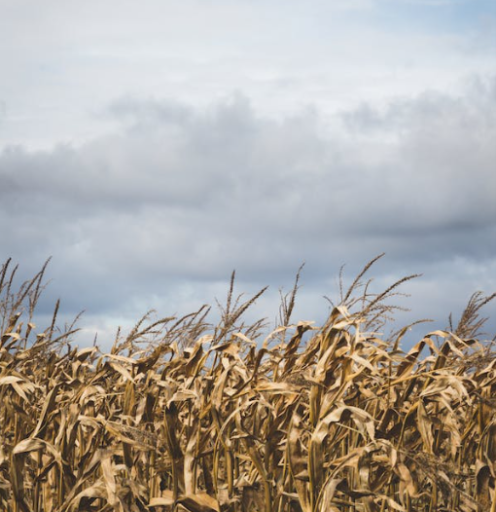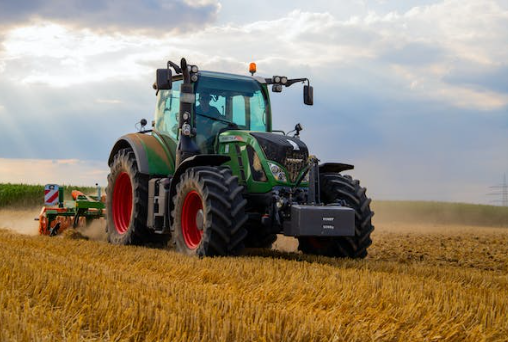01/03/2024
Food loss and waste have become critical global issues. Each year, a huge amount of food is lost throughout the whole food supply chain. This, unfortunately, makes the food system weak and inefficient. For this reason, different organisations in Spain have started to generate knowledge in order to understand the “what, when, how and why” of food being lost or wasted along the food supply chain. A total of 17 academic and scientific studies have been published about food losses and food waste in Spain.
In the case of Spain, the measurement of food loss and food waste is a competence that belongs to the Ministry of Agriculture, Fisheries and Food (MAPA), the Ministry for the Ecological Transition (MITECO) and the Statistics National Institute (INE). These bodies report the data directly to the European Union with the aim of achieving the EU’s goals on reducing food waste. However, studies on quantifying Food Loss have not yet been conducted, as Spain’s food waste law (the Food Loss and Waste Prevention Law) is still being drafted.
On the other hand, in the Autonomous Community of Catalonia, this process is already underway, with Catalan Law 3/2020 on Food Loss and Wastage Prevention. It is a pioneering law in global terms which takes a holistic approach to food loss and waste, treating them as a problem caused by the food supply chain as a whole. Moreover, it has been many years now since the Government of Catalonia, through the Department of Climate Action, Food and Rural Agenda and, in collaboration with the Waste Agency of Catalonia, began analysing and quantifying food loss and food waste throughout the food supply chain, with regard to different food commodities. These studies delve into the various stages of the food supply chain, from production to consumption, shedding light on where losses tend to occur and their magnitude. In this literature, the economic repercussions of food loss are explored, considering the financial toll on producers, retailers and consumers. In addition, the environmental impact, including carbon emissions and resource depletion, is a crucial aspect that is covered by academic research.
The methodology used to quantify food loss and food waste is the one established by the European Union in Delegated Decision 2019/1597, that complements the Waste Framework Directive. The diagnosis combines direct measurement of food loss (crops left in the fields, fish returned to the sea, dead animals prior to slaughter) and indirect data obtained with the exploitation of secondary databases and interviews or surveys addressed to experts and key stakeholders.

In this regard, data obtained in the diagnosis show that, in Catalonia, around 5-10% of food is lost at the primary food production stage, before it enters into the food supply chain. Food loss on farms is a complex and multifaceted issue influenced by various drivers. Inefficient harvesting and handling practices, EU market dynamics and regulations, falling sale prices, extreme weather events such as droughts, cheap foreign imports from outside Europe and unfair business practices, all contribute to significant levels of food loss at the primary production stage.
Therefore, there is a need to establish a framework for a common and robust methodology in the European Union, in order to estimate food loss in the primary food sector, especially taking into account the amount of food that is left in the field, thrown back into the sea, or live animals that die before the slaughtering process.
Other regional governments in Spain, as the Governments of the Basque Country and Navarra, or non-governmental institutions, have also analysed food loss in the primary food sector. They all agree that efforts to address food loss on farms require a comprehensive and collaborative approach involving farmers, government bodies, NGOs, researchers and the private sector. By identifying the key gaps in current research and addressing all drivers, there is potential to create a more resilient and sustainable food supply chain.
In conclusion, the existing data and literature on food loss in Catalonia and Spain serves as a step forward and plays a crucial role in addressing the issue, although there is still a long way to go. Challenges remain, and future research and initiatives need to address these issues systematically. In this line, remarking the importance of having food loss data and a repository to gather data of the primary food. By fostering collaborations, implementing effective policies and raising awareness, these territories can move towards a more sustainable and resilient food system, in alignment with broader global efforts to combat food loss and waste.
